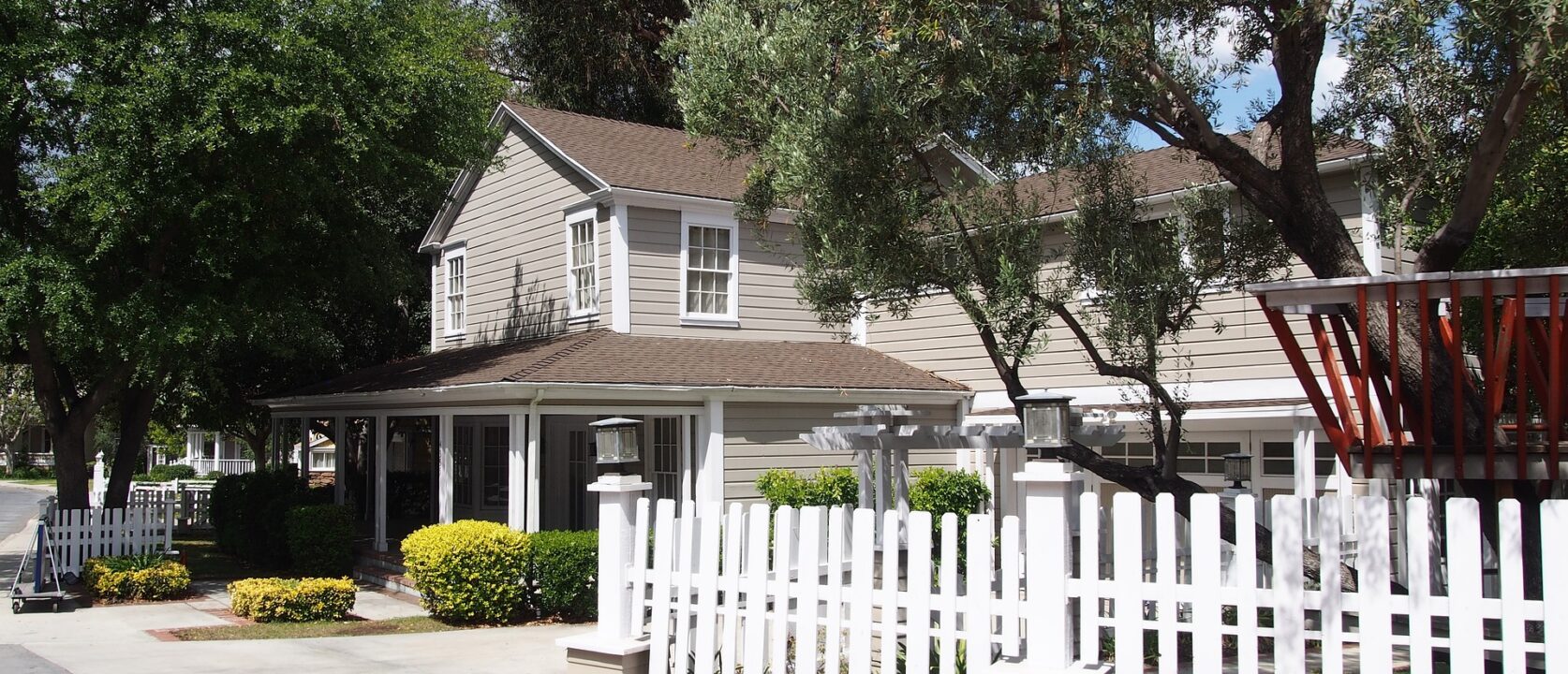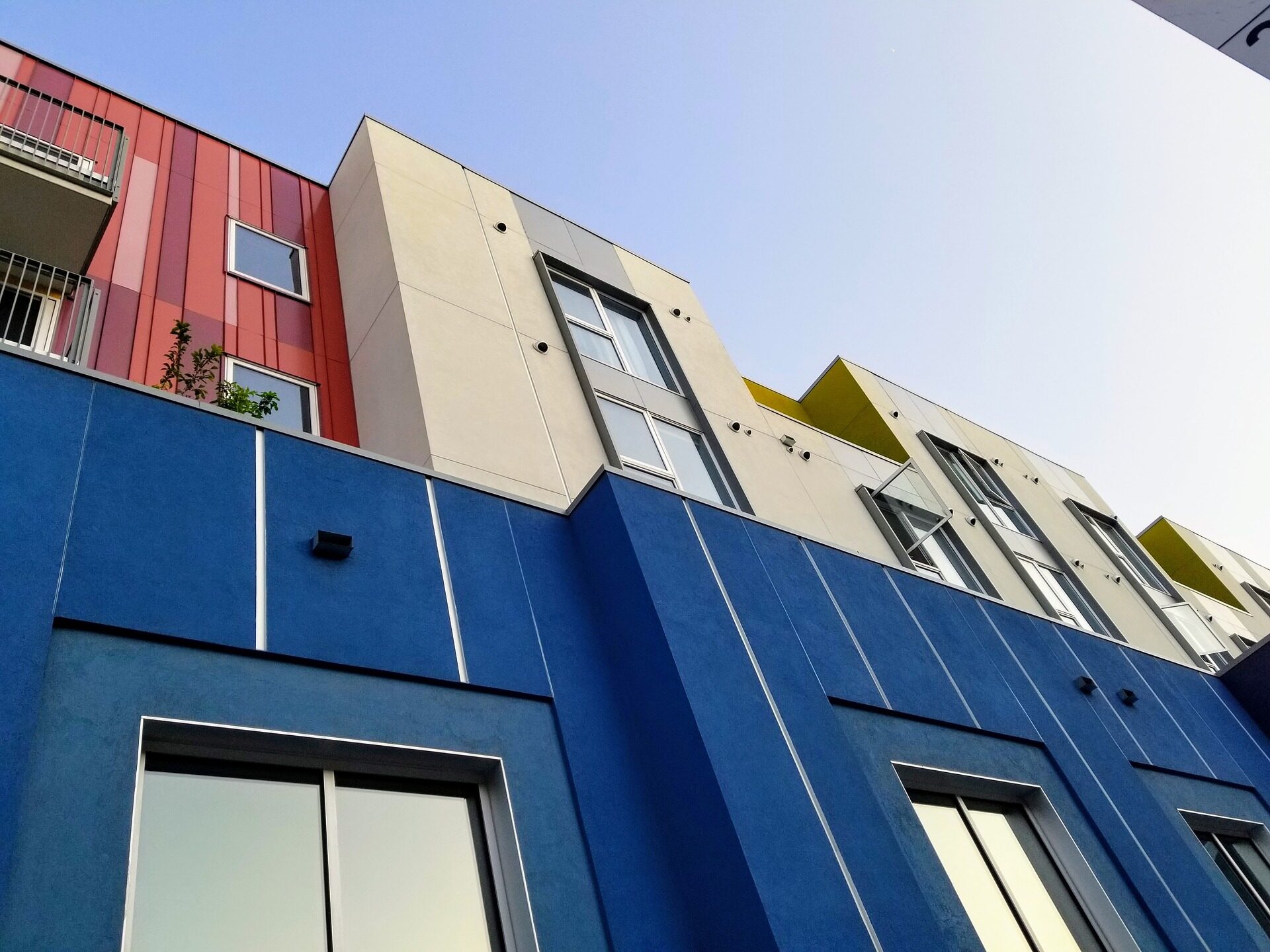Introduction: Understanding the Challenge
Recovery from addiction is a multifaceted journey that encompasses mental, emotional, and physical healing. A critical component of this journey is the environment in which an individual recovers. While there are numerous recovery housing options available, affordability remains a significant barrier for many. This blog post delves into the importance of affordable recovery housing and its impact on sustainable recovery.
1. Accessibility for All: Breaking Financial Barriers
One of the primary benefits of affordable recovery housing is its accessibility. Addiction doesn’t discriminate, affecting individuals from all socioeconomic backgrounds. Affordable options ensure that recovery is not a privilege limited to those with financial means. This inclusivity is vital for a society that aims to effectively address the widespread issue of substance abuse.
2. Long-Term Commitment to Recovery
Recovery is not a quick process. It often requires long-term commitment and support. Affordable housing enables individuals to stay in a supportive environment for as long as they need without the added stress of financial strain. This extended stay can be crucial in preventing relapse and ensuring a more robust and long-lasting recovery.
3. The Ripple Effect: Reducing Societal Costs
Investing in affordable recovery housing has a ripple effect on society. It not only helps individuals but also reduces broader societal costs. By supporting recovery, we can decrease healthcare costs, lower rates of crime associated with substance abuse, and reduce homelessness, creating a healthier and safer community for all.
4. Providing a Stable and Supportive Environment
The stability of a secure living environment is a fundamental aspect of recovery. Affordable recovery housing offers a structured and substance-free environment, crucial for individuals working to overcome addiction. This stability is often the foundation upon which individuals rebuild their lives, find employment, and mend relationships.
5. Fostering Community and Peer Support
Recovery is often more successful with a strong support network. Affordable recovery housing fosters a community of individuals who share similar experiences and challenges. This sense of community and peer support is invaluable in the recovery process, offering encouragement, understanding, and shared experiences.
6. Encouraging Independence and Life Skills
Affordable recovery housing isn’t just a place to live; it’s a place to grow. These environments often provide programs and resources to develop life skills, such as financial planning, job training, and education opportunities. This aspect of recovery housing helps individuals not just in overcoming addiction, but in preparing for a successful, independent life post-recovery.
7. Bridging the Gap Post-Treatment
For many, the transition from an inpatient treatment facility to regular life is daunting. Affordable recovery housing serves as a crucial bridge, providing a supportive and structured environment that eases this transition and prepares individuals for the challenges of everyday life.
Conclusion: A Call to Action
The importance of affordable recovery housing cannot be overstated. It’s a critical component in the journey to overcoming addiction, providing a supportive, stable, and accessible environment for sustainable recovery. As a society, it is imperative that we invest in and advocate for more affordable recovery housing options, recognizing that recovery is not a luxury but a fundamental right. Through this, we can help individuals rebuild their lives and contribute to a healthier, more vibrant community.








No comment yet, add your voice below!